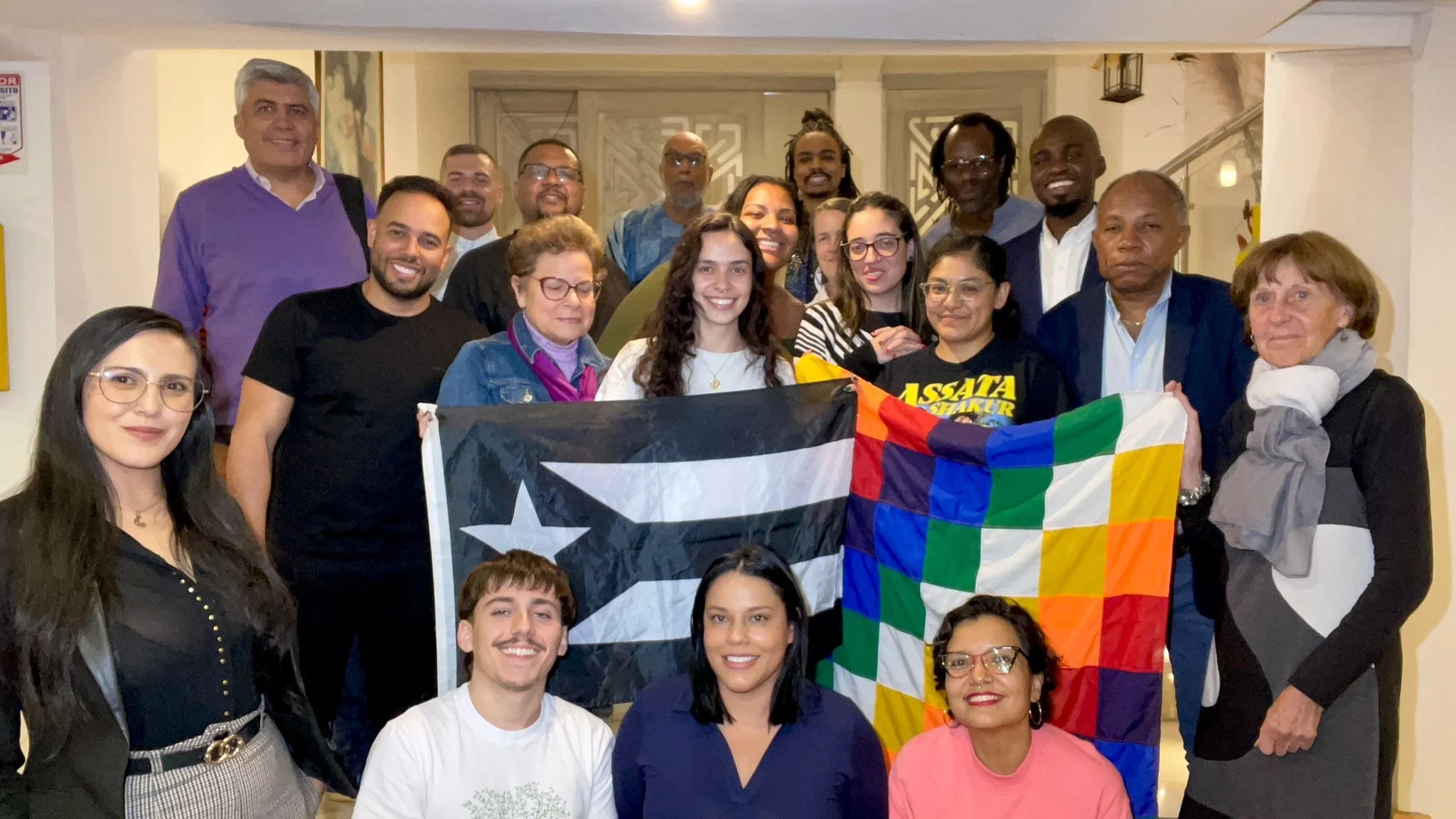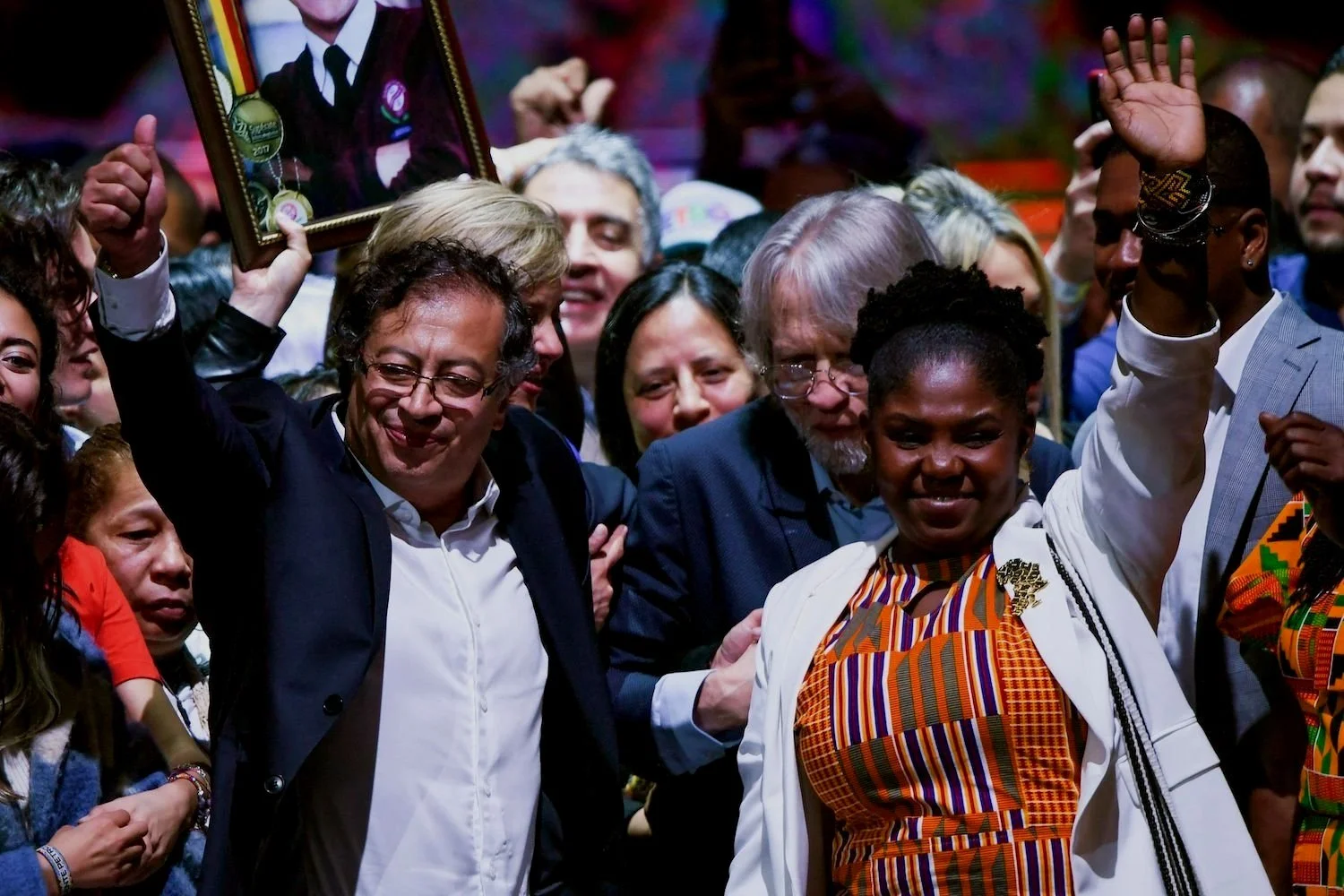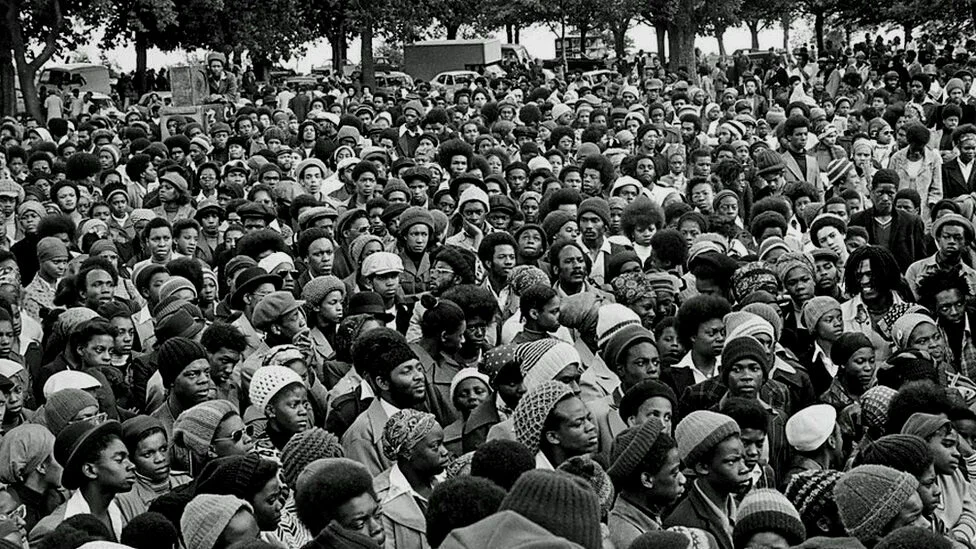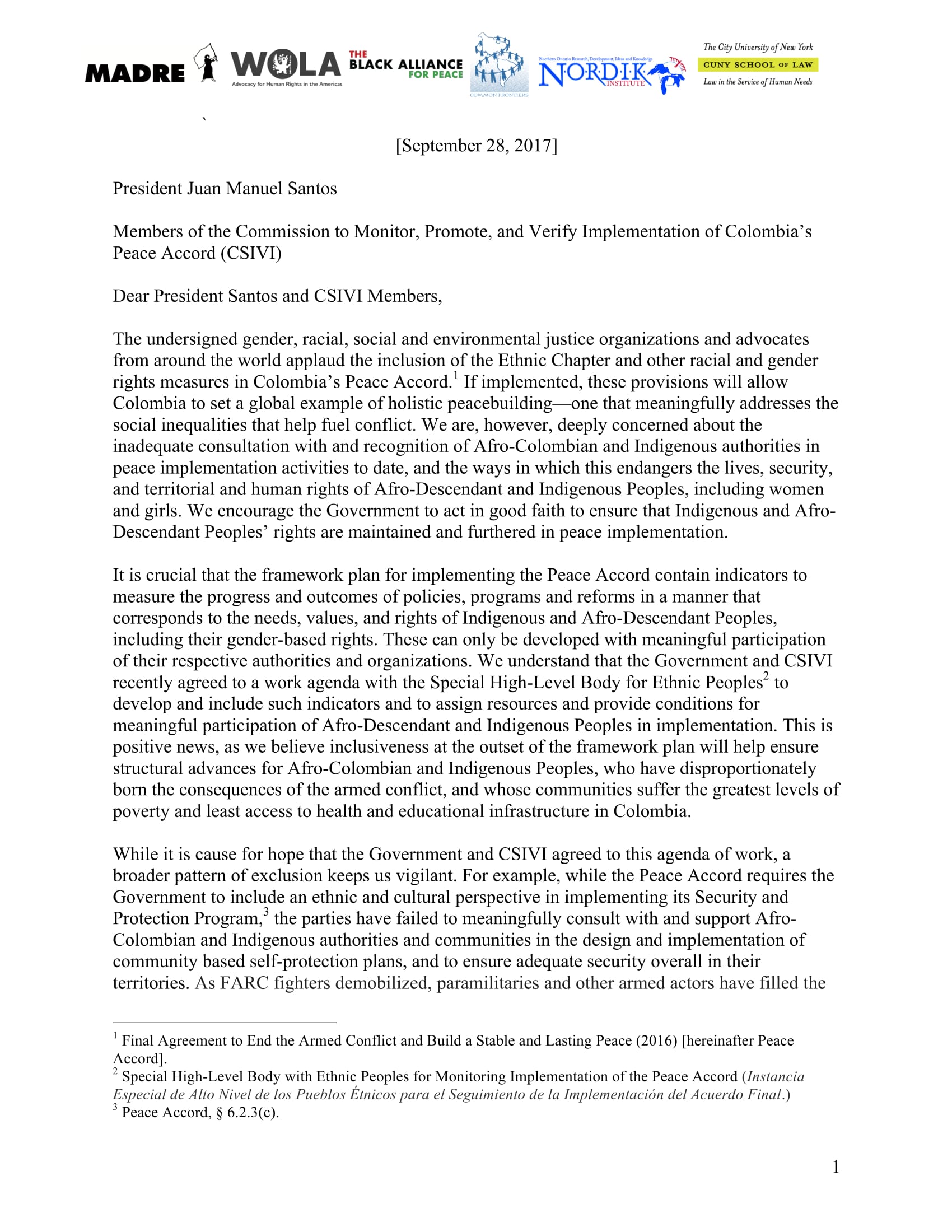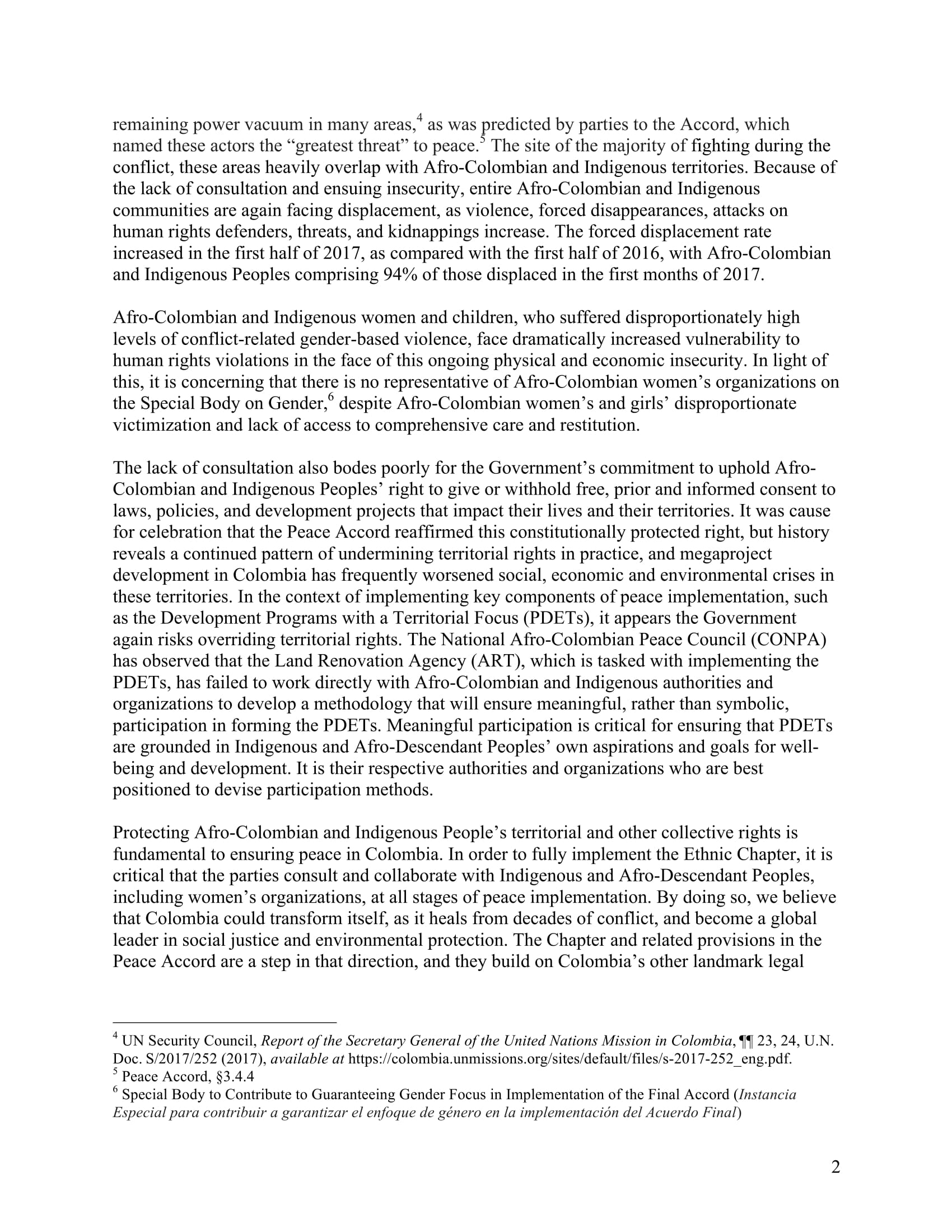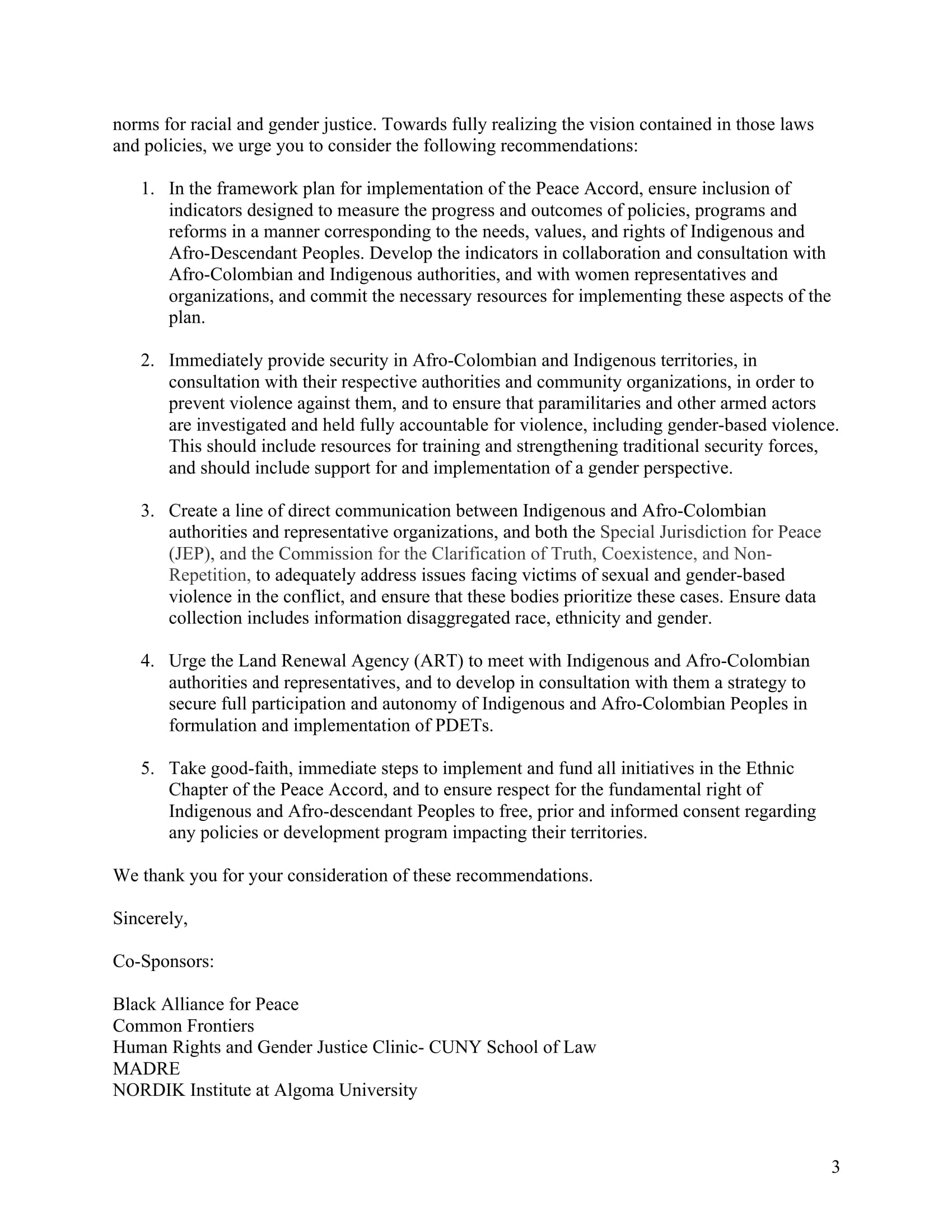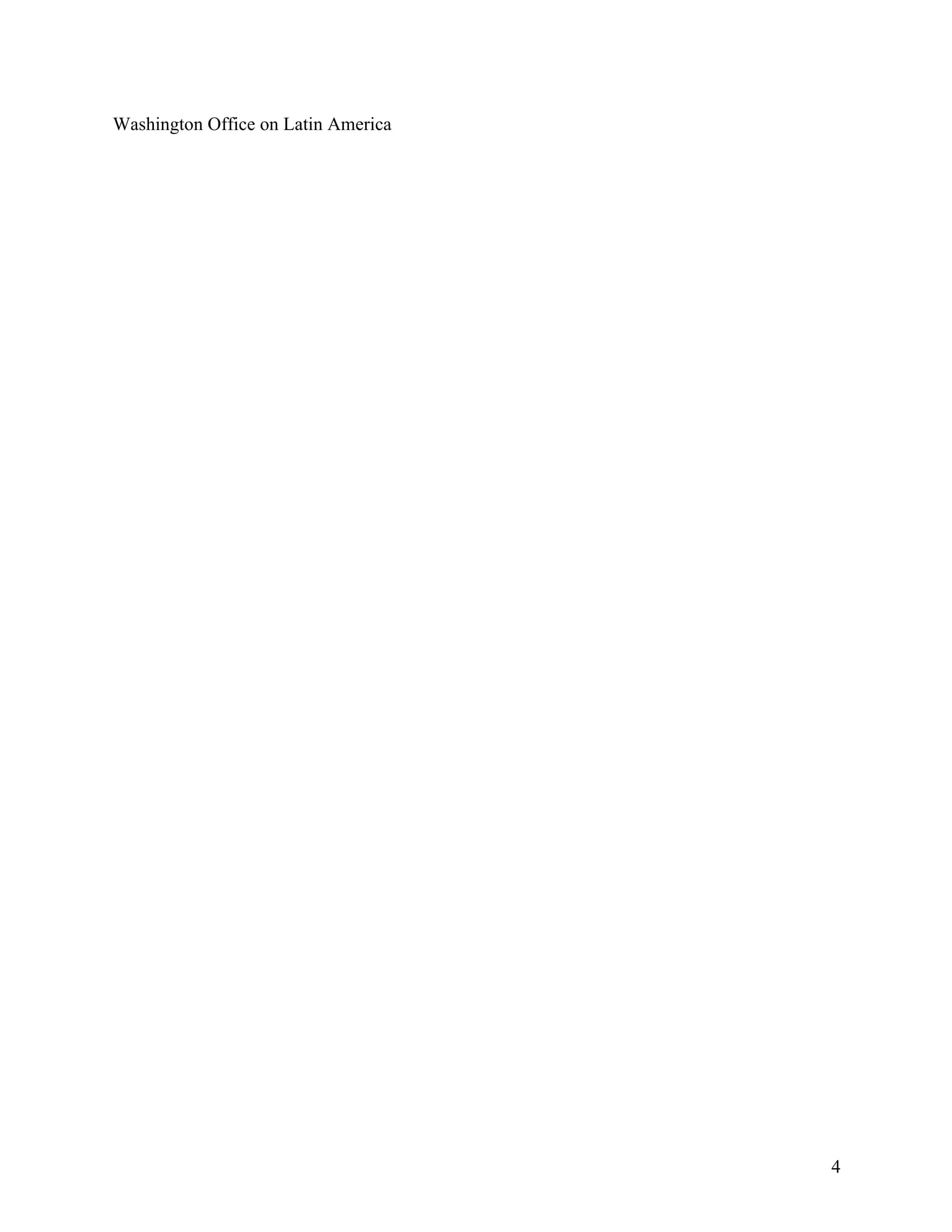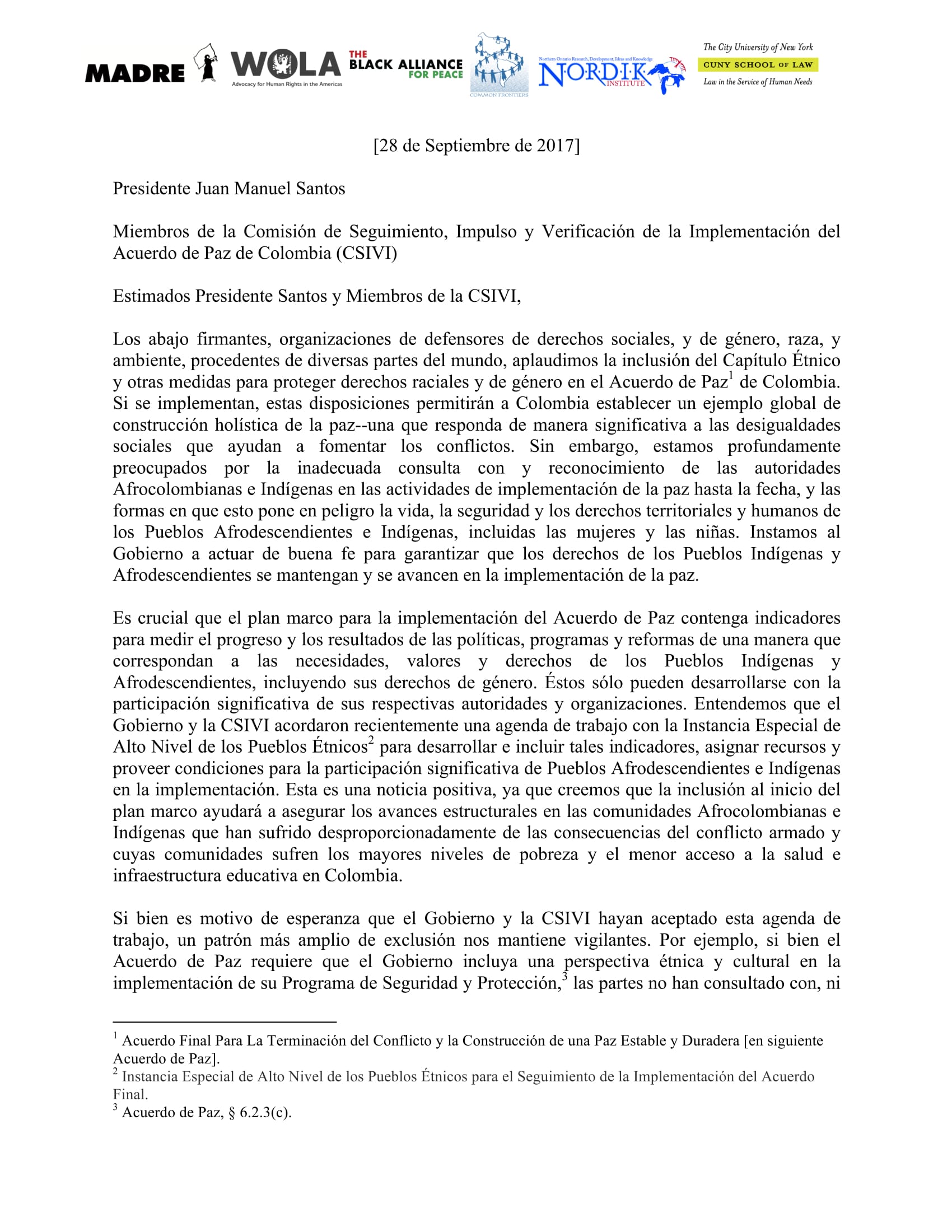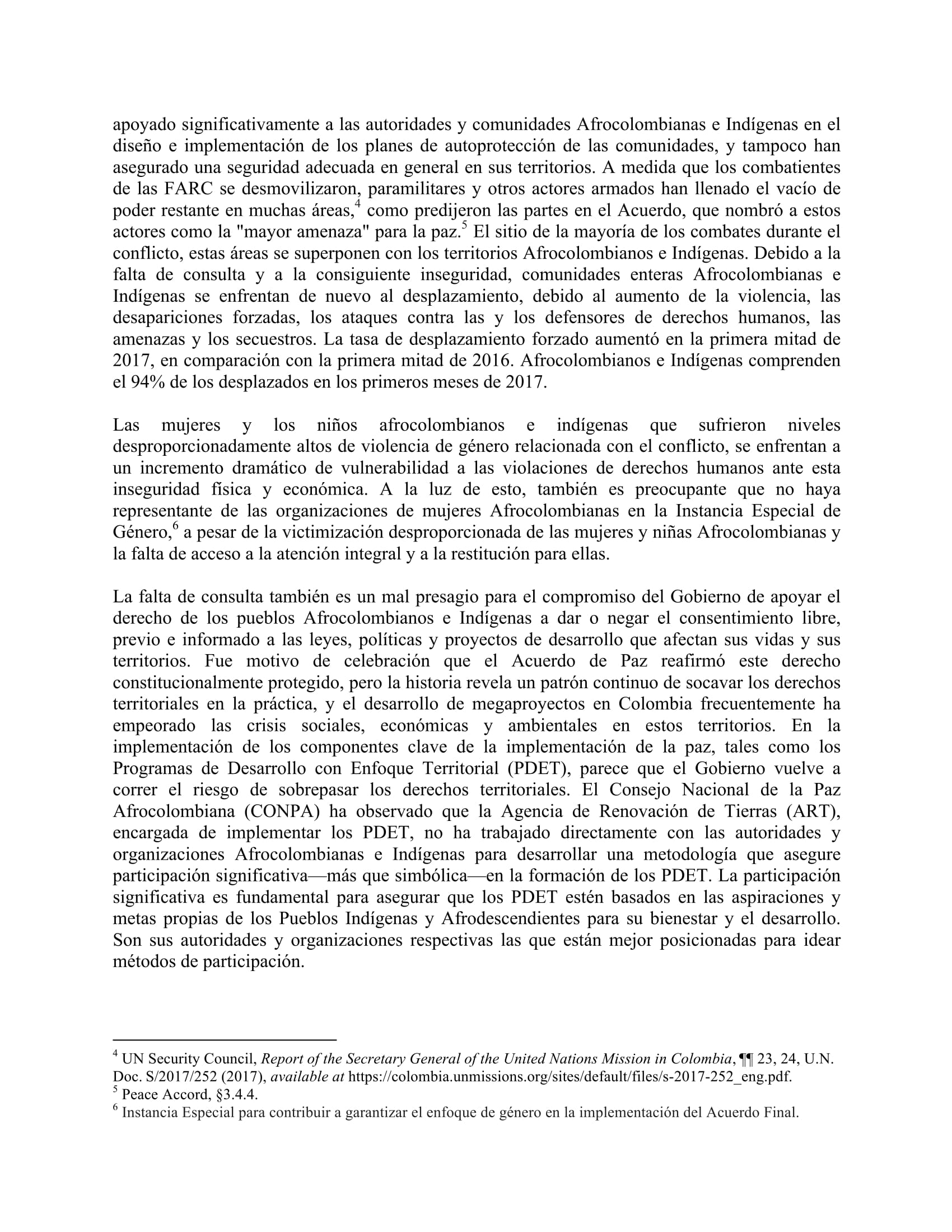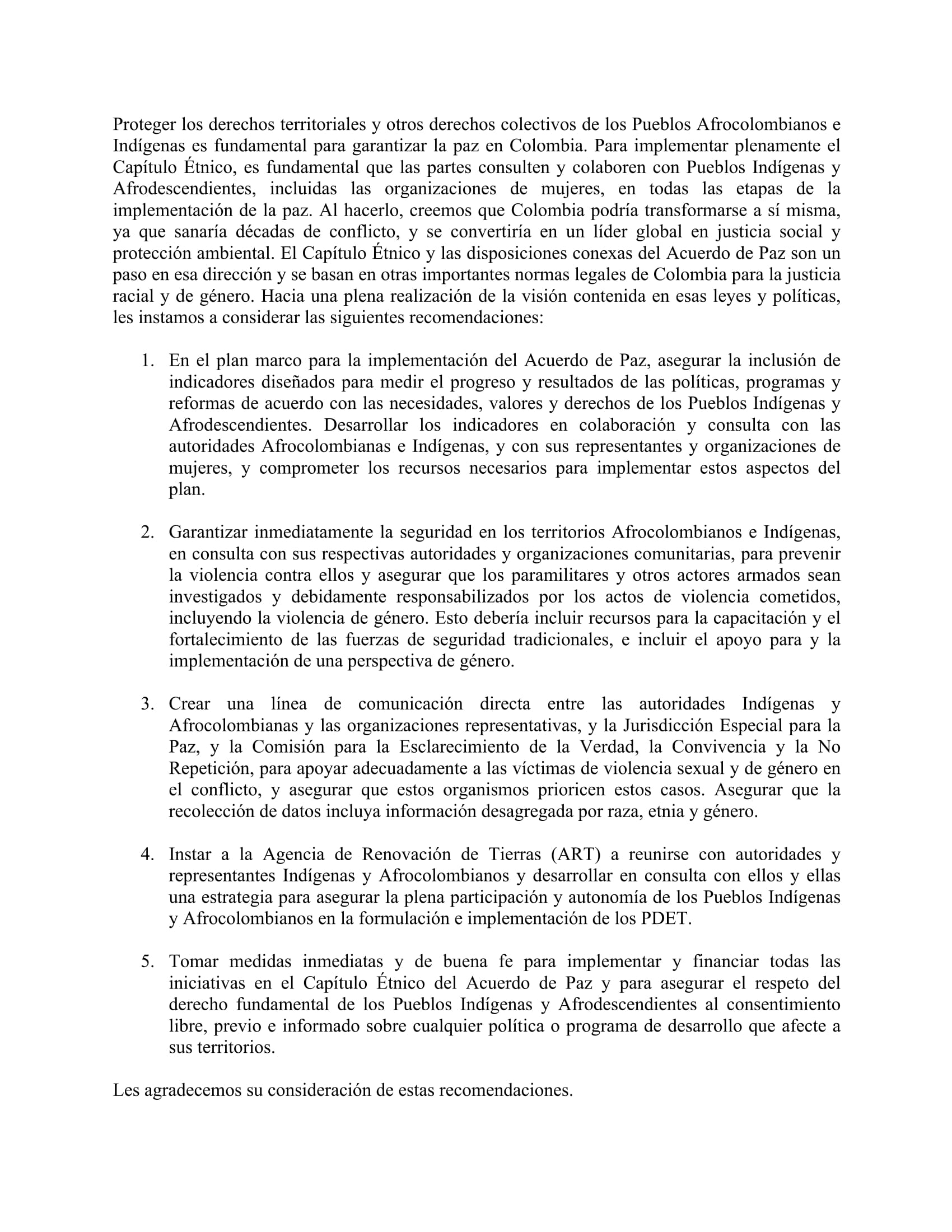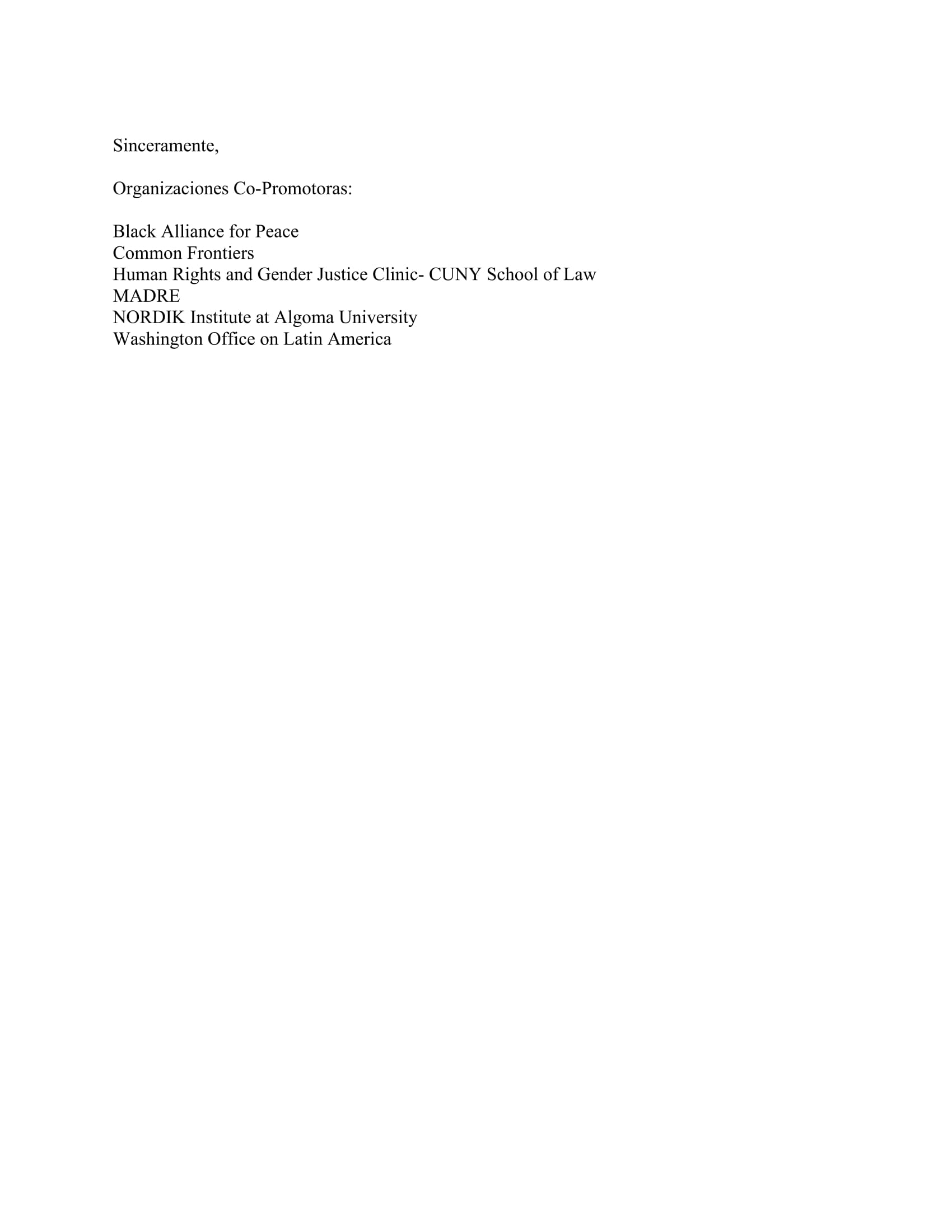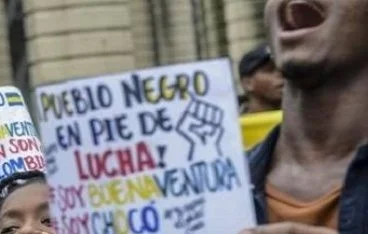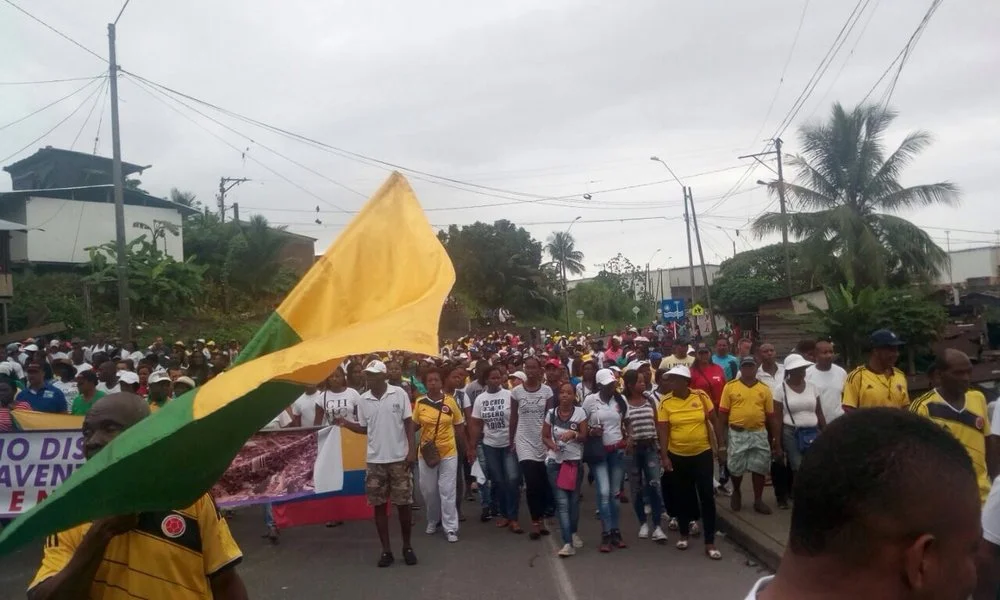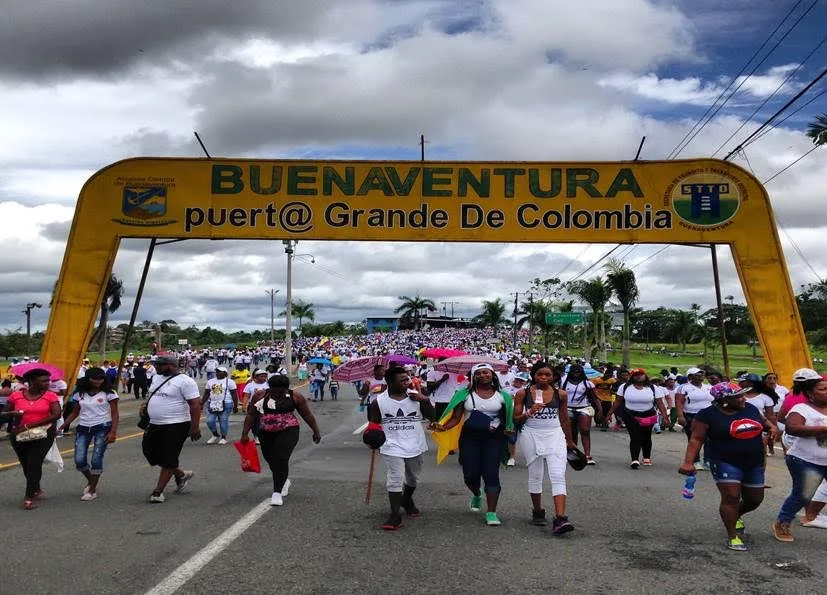We Call for the Respect of Haitian Popular Sovereignty and an End to Western Imperialist Intervention
A Zone of Peace Campaign Statement in Solidarity with the Haitian People
BOGOTA, COLOMBIA. 19 March 2024 – We denounce the ongoing attempts by Western imperialists to force an armed intervention and another illegitimate government on the Haitian people, as well as the collaboration of regional institutions in this intervention.
After months of the U.S., Core Group, and other imperialist collaborators working to execute an armed intervention into Haiti that they are now calling a “Multinational Security Service,” ex-de facto Prime Minister Ariel Henry has resigned from his illegitimately-held position. Those countries calling for military intervention – the U.S., France, Canada – have created the conditions making military intervention appear necessary and inevitable. Now, this same imperialist cabal wants to appoint a favorable “transitional government,” without input from the Haitian people.
As organizations of the Zone of Peace Campaign, we also denounce the role of the Caribbean Community (CARICOM) working in collaboration with Western imperialists to deny the Haitian people their national sovereignty and collective self-determination. CARICOM has continued to betray the people of Haiti – in their support of western intervention, through select states’ choice to send troops to Haiti, and by including western imperialists in “negotiations” to which popular Haitian movements and organizations were not invited. CARICOM must reverse its position to one that opposes armed intervention into Haiti, and supports the efforts of the Haitian people to assert their sovereignty and reclaim their country.
We also remind all peoples and organizations of our hemisphere about the Community of Latin America and Caribbean States’ (CELAC) 2014 declaration of Latin America and the Caribbean as a ‘Zone of Peace.’ We recognize the recent CELAC statement by President Pro-Tempore Xiomara Castro, who declared that any “military action that violates the Principle of Non-Intervention and the Respect of Popular Self-Determination” in Haiti must be rejected, and we urge the CELAC “Troika” of Honduras, St. Vincent & The Grenadines, and Colombia to stand firm against imperialist aggression and intervention. It is clear that guaranteeing a true Zone of Peace in Our Americas requires a rejection of imperialist intervention in Haiti and all of our nations. This also requires a recognition of the human dignity of the people of Haiti and refusal to succumb to sensationalist western media and politicians that dehumanize Haitians and disregard the longstanding, organized popular mobilizations against imperialist aggression.
In addition to rejecting imperialist interventions and militarism, the call for a Zone of Peace in Our Americas means prioritizing People(s)-Centered Human Rights (PCHRs) in the Americas by observing the principles of national sovereignty, equal rights and self-determination of peoples. These are principles that must be defended through popular struggle. We, thus, support the statement of our comrades in MOLEGHAF, calling for organization and unity of revolutionary forces in Haiti against imperialist machinations.
Finally, we recognize and appreciate the forceful words of solidarity by Venezuelan President Nicolas Maduro during and after the most recent CELAC meeting, which recognized that the current crisis is the result of western intervention and imperialist violence. President Maduro also called for “comprehensive economic and social support” and solidarity, instead of an intervention that will only cause more bloodshed.
As organizations of the Zone of Peace Campaign, we recently gathered in Bogota, Colombia, and agreed on the urgent need to support the people of Haiti and their popular mobilizations against ongoing imperialist violence. We call on all progressive, radical, and revolutionary movements and organizations across the Americas to support the Haitian people’s popular sovereignty and self-determination, to reject the “Multinational Security Support” mission, and to struggle for a peoples-centered Zone of Peace in Haiti and in all of Our Americas.
Hands Off Haiti!
Signed,
Organizations of the Zone of Peace Campaign:
Black Alliance for Peace
Caribbean Movement for Peace and Integration
Caribbean Organisation for People’s Empowerment
Consejo por la Emancipación Plurinacional de Perú
Diaspora Pa’lante Collective
Friends of the ATC (Asociación de Trabajadores del Campo)
Movimiento Evita
Nicaragua Solidarity Coalition
Observatorio de los Derechos Humanos de los Pueblos
Proceso de Comunidades Negras – PCN
Red de Organizaciones AfroVenezolanas
Soli Puerto Rico
World Beyond War
Llamamos por el Respeto de la Soberanía Popular Haitiana y al Fin de la Intervención Imperialista Occidental
Declaración de la Campaña Zona de Paz en Solidaridad con el Pueblo Haitiano
BOGOTÁ, COLOMBIA. 15 de marzo de 2024 – Denunciamos los continuos intentos de los imperialistas occidentales de imponer una intervención armada y otro gobierno ilegítimo al pueblo haitiano, tal como la colaboración de instituciones regionales en esta intervención.
Después de meses de los Estados Unidos, el ‘Core Group’ y otros colaboradores imperialistas trabajando para llevar a cabo una intervención armada en Haití que ahora llaman "Servicio de Seguridad Multinacional" (MSS), el ex primer ministro de facto Ariel Henry ha renunciado a su cargo ilegítimamente sostenido. Esos países que piden la intervención militar – los Estados Unidos, Francia, Canadá – han creado las condiciones que hacen que la intervención militar parezca necesaria e inevitable. Ahora, esta misma camarilla imperialista quiere nombrar un "gobierno de transición" favorable, sin el consentimiento del pueblo haitiano.
Como organizaciones de la Campaña Zona de Paz, también denunciamos el papel de la Comunidad del Caribe (CARICOM) trabajando en colaboración con los imperialistas occidentales para negar al pueblo haitiano su soberanía nacional y su autodeterminación colectiva. CARICOM ha continuado traicionando al pueblo haitiano – en su apoyo a la intervención occidental, a través de la elección de estados selectos para enviar tropas a Haití, y al incluir a los imperialistas occidentales en "negociaciones" a las que no fueron invitados los movimientos y organizaciones populares haitianas. CARICOM debe revertir su posición a una que se oponga a la intervención armada en Haití, y apoye los esfuerzos del pueblo haitiano para afirmar su soberanía y recuperar su país.
También recordamos a todos los pueblos y organizaciones de nuestro hemisferio la declaración de 2014 de la Comunidad de Estados Latinoamericanos y Caribeños (CELAC) de América Latina y el Caribe como una ‘Zona de Paz’. Reconocemos la reciente declaración de la CELAC por parte de la Presidenta Pro Tempore Xiomara Castro, quien declaró que cualquier "acción militar que viole el principio de No Intervención y el Respeto a la Autodeterminación de los Pueblos" en Haití debe ser rechazada, y urgimos a la "Troika" de la CELAC de Honduras, San Vicente y las Granadinas, y Colombia a mantenerse firmes contra la agresión e intervención imperialista. Garantizar una verdadera Zona de Paz en Nuestra América requiere el rechazo de la intervención imperialista en Haití y en todas nuestras naciones. Esto también requiere el reconocimiento de la dignidad humana del pueblo de Haití y la negativa a sucumbir a los medios de comunicación occidentales sensacionalistas y a los políticos que deshumanizan a los haitianos y desprecian las movilizaciones populares organizadas de larga data contra la agresión imperialista.
Además de rechazar las intervenciones imperialistas y el militarismo, el llamado por una Zona de Paz en Nuestra América significa priorizar los Derechos Humanos Centrados en las Personas (PCHR por sus letras en inglés) en las Américas observando los principios de soberanía nacional, igualdad de derechos y autodeterminación de los pueblos. Estos son principios que deben ser defendidos a través de la lucha popular. Por lo tanto, apoyamos la declaración de nuestros compañeros en MOLEGHAF, quienes llaman por la organización y unidad de las fuerzas revolucionarias en Haití, contra las maquinaciones imperialistas.
Finalmente, reconocemos y apreciamos las palabras poderosas de solidaridad del Presidente venezolano Nicolás Maduro durante y después de la reunión más reciente de la CELAC, lo que reconoció que la crisis actual es el resultado de la intervención occidental y la violencia imperialista. El Presidente Maduro también llamó por un "apoyo económico y social integral" y por la solidaridad, en lugar de una intervención que sólo causará más derramamiento de sangre.
Como organizaciones de la Campaña Zona de Paz, nos reunimos recientemente en Bogotá, Colombia, y acordamos la urgente necesidad de apoyar al pueblo haitiano y sus movilizaciones populares contra la violencia imperialista en curso. Instamos a todos los movimientos y organizaciones progresistas, radicales y revolucionarios de las Américas a apoyar la soberanía popular y la autodeterminación del pueblo haitiano, rechazar la misión del MSS y luchar por una Zona de Paz centrada en los pueblos de Haití y de toda Nuestra América.
¡Fuera de Haití! ¡Hands Off Haiti!
Firmado,
Organizaciones de la Campaña Zona de Paz:
Black Alliance for Peace
Caribbean Movement for Peace and Integration
Caribbean Organisation for People’s Empowerment
Consejo por la Emancipación Plurinacional de Perú
Diaspora Pa’lante Collective
Friends of the ATC (Asociación de Trabajadores del Campo)
Movimiento Evita
Nicaragua Solidarity Coalition
Observatorio de los Derechos Humanos de los Pueblos
Proceso de Comunidades Negras – PCN
Red de Organizaciones AfroVenezolanas
Soli Puerto Rico
World Beyond War

